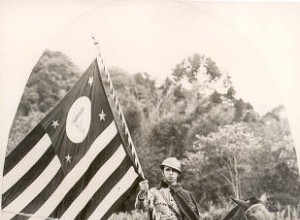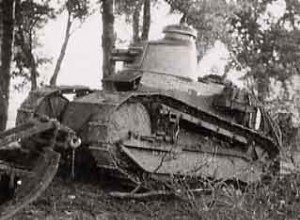The FFVS J22 was one of the first modern Swedish fighter aircraft. It was a necessity solution developed due to the lack of modern aircraft and the inability to buy from abroad due to the Second World War. The J22 first flew in 1942 and entered service in record time in 1943. It remained in produ




